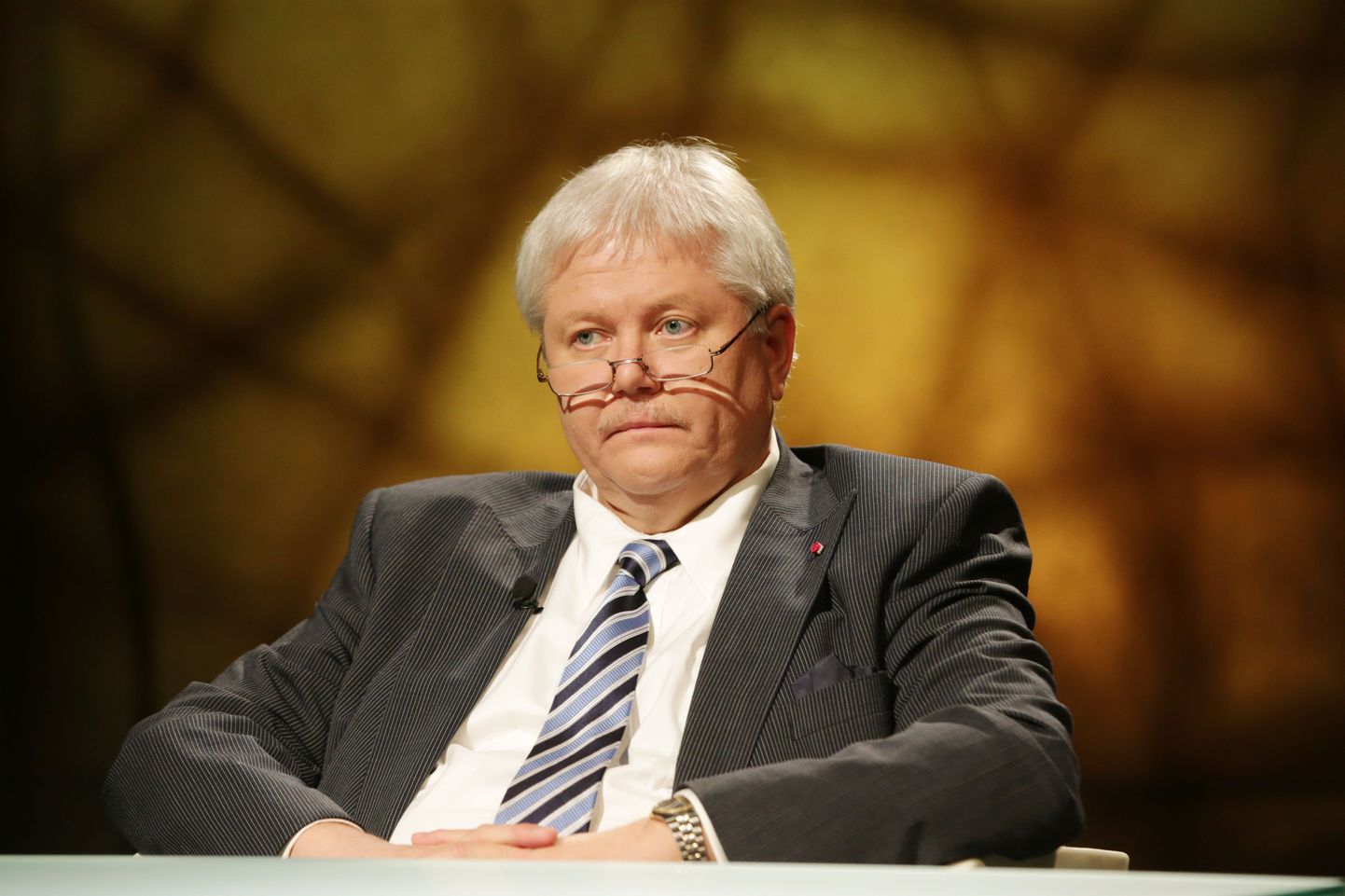2003 – interior minister Ain Seppik
2003 – finance minister Tõnis Palts
2004 – minister of agriculture Tiit Tammsaar
2004 – economy minister Meelis Atonen
2004 – defence minister Margus Hanson
2005 – foreign minister Kristiina Ojuland
2005 – the entire government, after no confidence to minister of justice Ken-Marti Vaher
Andrus Ansip’s first government
2005 – defence minister Jaak Jõerüüt
2006 – environment minister Villu Reiljan
Andrus Ansip’s second government
2009 – social minister Maret Maripuu
Andrus Ansip’s third government
2012 – justice minister Kristen Michal
Andrus Ansip, Prime Minister, at government press conference:
When accused of lying, it is easy for Rein Lang to refute that. However, when the talk is about loss of trust, with these claims Rein Lang has quite a hard time. To refute these, it is somewhat hard. Rein Lang himself has said that, for many days, he has been thinking if it made any sense, in the given situation, to continue as minister or not. I assume he will take a decision.
But, in my opinion, focussing the conflict on Rein Lang is not totally honest and just. Surely, lots and lots of mistakes have been made. Considering the widespread dissatisfaction among creative community, no one can say all has been done correctly, and well, with nothing to find fault about. That, obviously, cannot be claimed.


